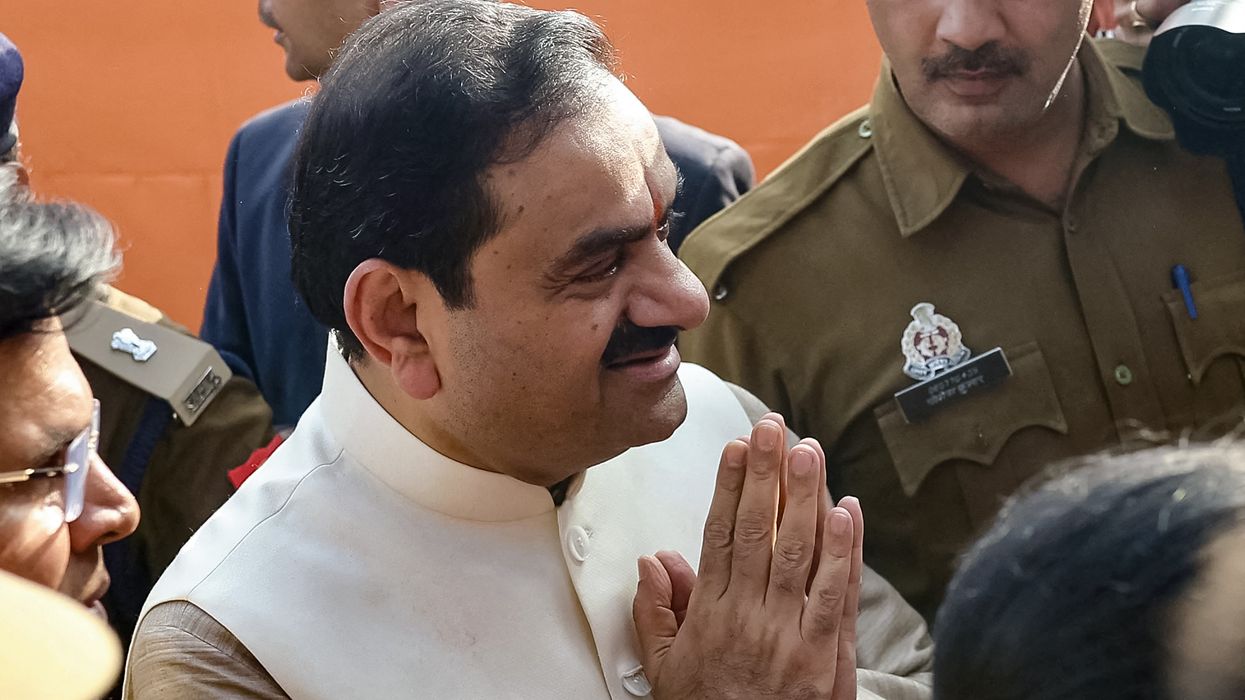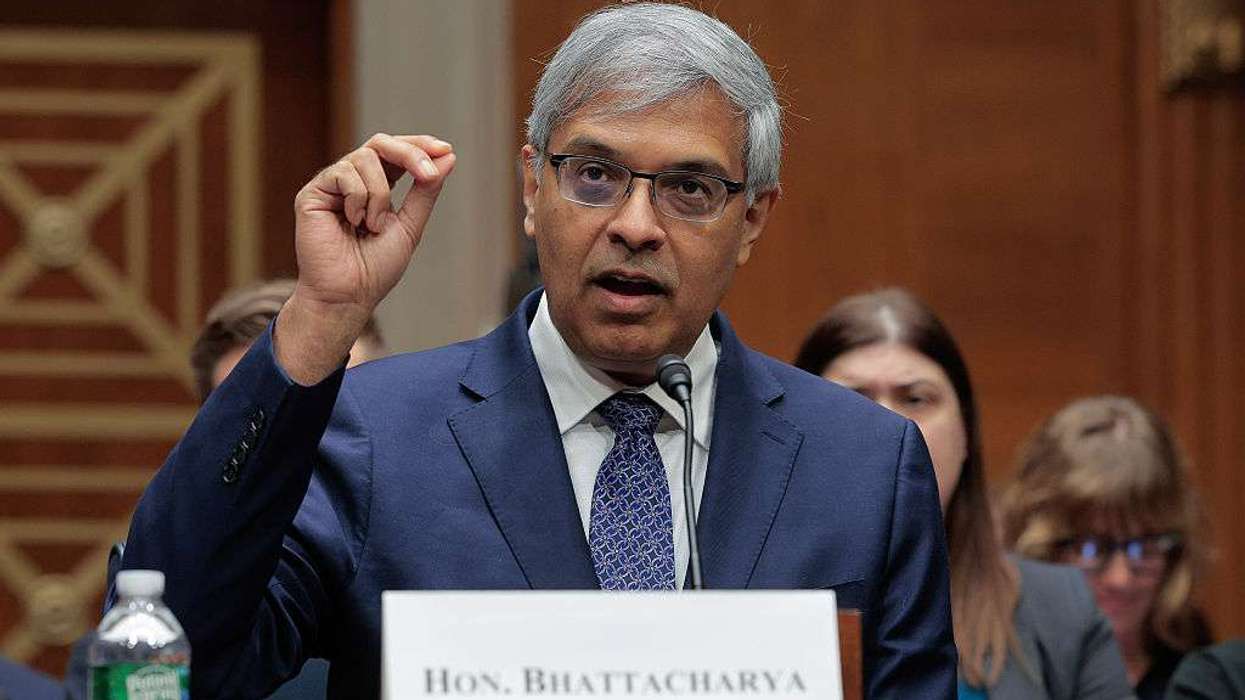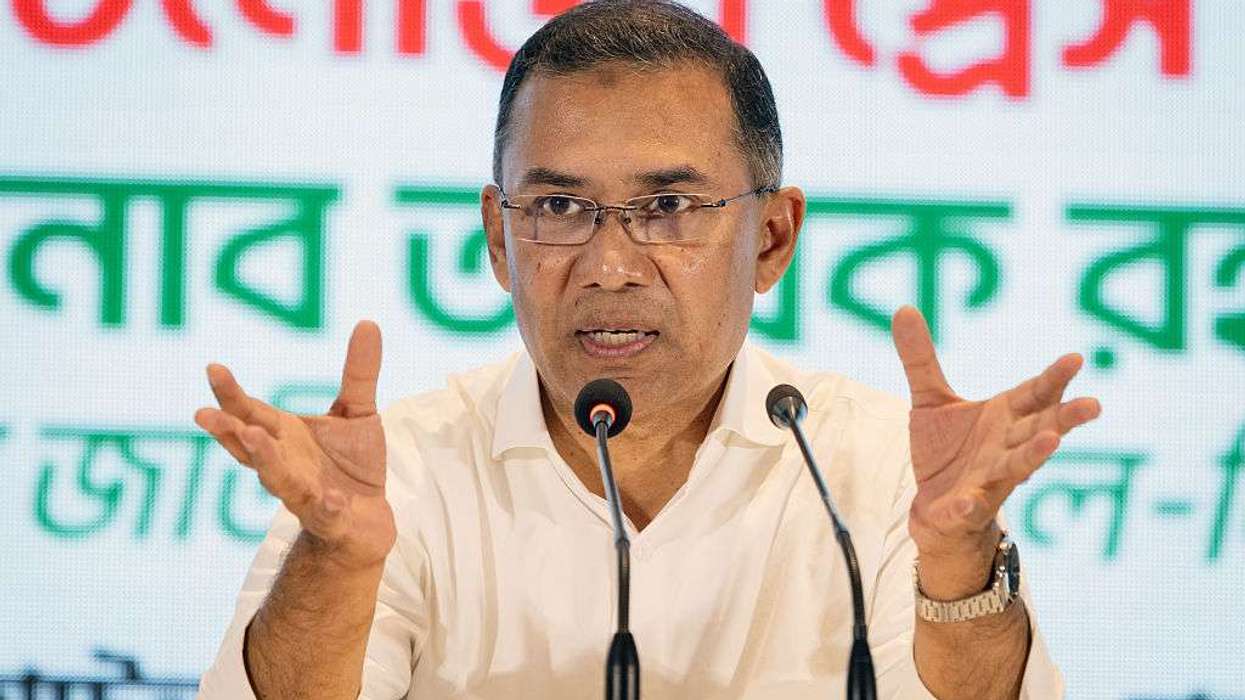SRI LANKA’S government started talks with India’s Adani Group to lower the cost of power from two wind power projects the group will build in the island nation’s northern province, the cabinet spokesman said last Tuesday (28).
Sri Lanka has been reviewing the group’s local projects after US authorities in November accused billionaire founder Gautam Adani and other executives of being part of a scheme to pay bribes to secure Indian power supply contracts. Adani has denied the allegations.
“The Sri Lankan government is of the stance that we want a lower price and discussions with Adani have already started,” cabinet spokesman and health and media minister Nalinda Jayatissa said.
The government thinks it is possible to bring prices to about £0.04 per kilowatt-hour (kWh) or lower, below the earlier proposed price of £0.06, he said.
Adani did not respond immediately to a request for comment.
Last month, Adani said its power purchase deal with the Sri Lankan government was intact after a report said it had been revoked.
Adani said the Sri Lankan cabinet’s decision last month to reevaluate the tariff approved in May was a “standard review process” with a new government and that the group remains committed to investing $1 billion in Sri Lanka’s green energy sector.
Under the deal with Sri Lanka, Adani Green Energy would build two wind power stations with a total investment of $442 million (£354.1m). Cashstrapped Sri Lanka, which has suffered from power blackouts and fuel shortages, has been trying to speed up green power generation to hedge against surges in imported fuel costs.
The US allegations raised concerns among some partners and investors of the group, with at least one Indian state reviewing its power deal with Adani and TotalEnergies halting further investments in the conglomerate.
The Adani Group is also involved in building a $700 million terminal project at Sri Lanka’s largest port in Colombo.




